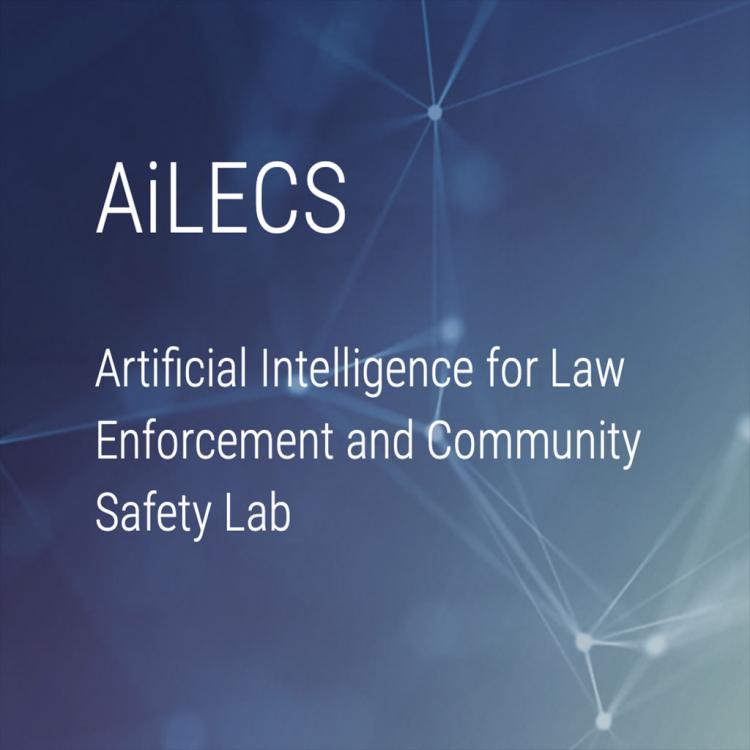Time series are an ever growing form of data, generated by numerous types of sensors and automated processes. However, machine learning and deep learning methods for analysing time series are much less advanced than for other forms of data.
Our research is revolutionising the analysis of time series data. But it is early days, and many more impactful challenges are yet to be overcome.
This project is funded by the Australian Research Council and will be conducted as part of a large world-leading research team.




